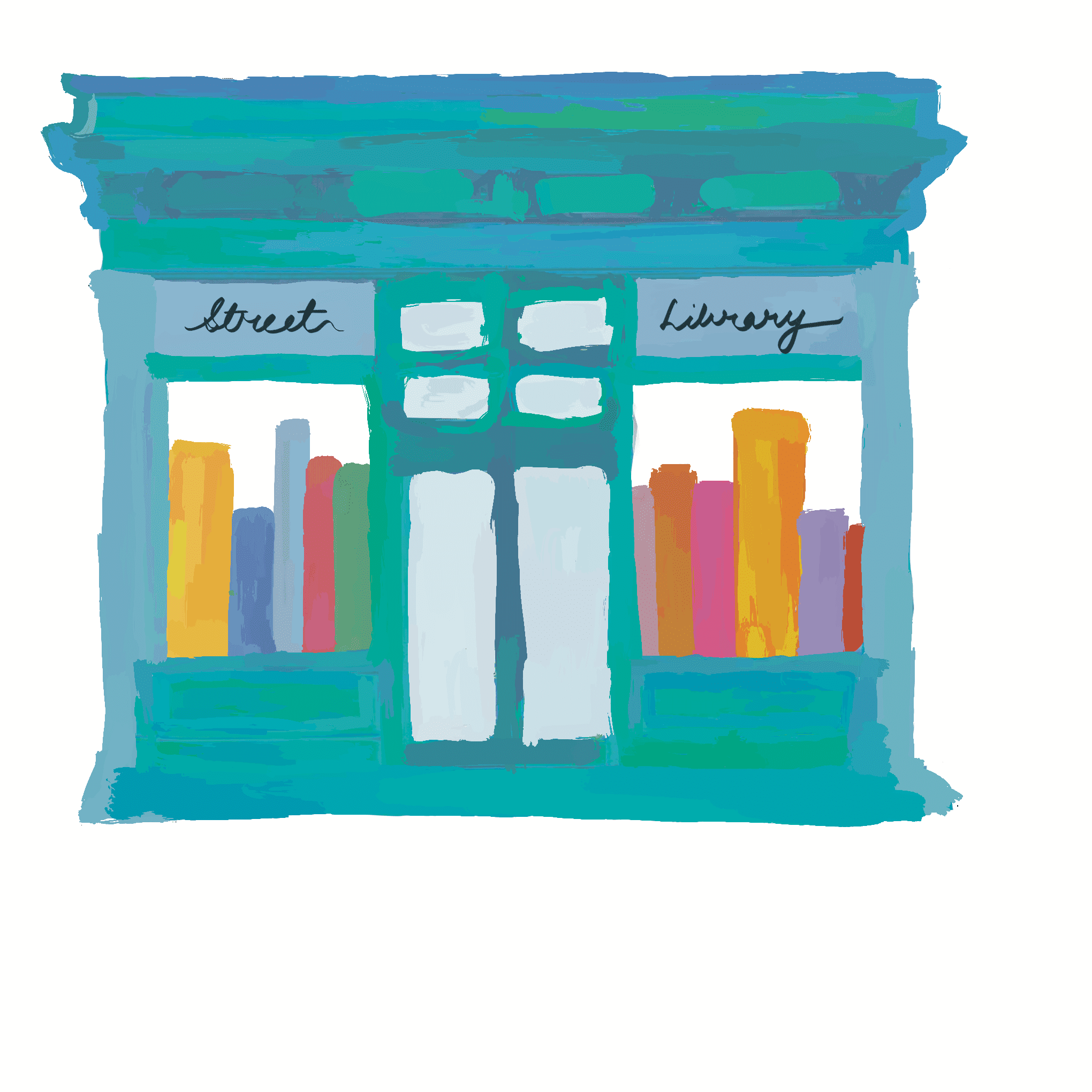On July 3, 2021, the official Twitter account for the Bloomington Minnesota Police Force asserted that several “thefts” had been occurring at several local street libraries. Attached was a deliciously cheesy photo of a cop posing, donating books, standing next to the “little library”, and smiling for the camera.
Who was the culprit — a serial reader, perhaps? How does this happen?
And more importantly, how can someone steal something that’s free?
For the uninitiated, a street library is a community-based initiative wherein residents of an area can donate and swap used books freely as they please. They are often decorated like little cottages, with pretty patterns, colourful designs, and cute swinging doors. A few dot the perimeter of Usyd, the closest one being the Works Kiosk Book Nook located at 62 Glebe Point Rd. There is also one at the Sydney TAFE Library Studies Department in Ultimo, the Toby and Myrtle Library on Pine Street, the Thomas Street Library, and the Abercrombie Street Library.
Street libraries can reflect a community’s identity. Oftentimes, however, you find the usual suspects: a few Jeffrey Archer, John Grisham or Anne Cleeves books, 101 dad jokes, and maybe some classic fiction (if you’re lucky). The street library is not where you’ll find rare books from the 1800s or the latest Otessa Moshfegh. Perhaps this is emblematic of a larger anti-intellectualism and devaluing of the arts in Australian culture. More likely, few are willing to relinquish the books they hold closest to their hearts.
The street library is paradoxical in this sense. People are not going to give their prized possessions, yet their existence stands as a symbol of strength and love for our fellow humans. As the Australian website for street libraries states: “They are a symbol of trust and hope – a tiny vestibule of literary happiness.”
The policing of free books from street libraries, as in the case of the Bloomington Minnesota Police, is contradictory, whether we have a serial reader on our hands or not. Access to information has always been an important human right. It is a powerful tool to provide insight to the average individual regarding their own exploitation.
And yet, public libraries almost seem alien in our day and age, with information centralisation and manipulation by large companies like Google and NewsCorp, and the corporatisation of education. The concurrent erosion of public services over the past forty years in many countries like Australia make libraries a relic of a different era.
But libraries have existed long before capitalism and will likely exist long afterwards — they might just need to take a new form.
Perhaps street libraries are filling the void left by properly funded state ones. Like their larger counterparts, street libraries allow for the distribution of knowledge and access to art with no profit incentive. All the while, they strengthen the bonds of communities. To defund a library is an affront to our rights as humans, and points to the need for a community-driven supplement.
Therefore, street libraries need our support. Whether it be building your own street library, donating books or money to other street libraries, or even just visiting one, we need street libraries to be better than they already are. Instead of chucking out your old mouldy sci-fi and spy novels, maybe put in something political or impactful, something that can turn the soul or has left an indelible mark on you.
A street library forces us to recognise that we are all in this together and share a desire for knowledge and change. They allow us to envision a world before capitalism, and one after, where things are free, and the world is full of colour (hopefully with fewer Jeffery Archer books, though).





